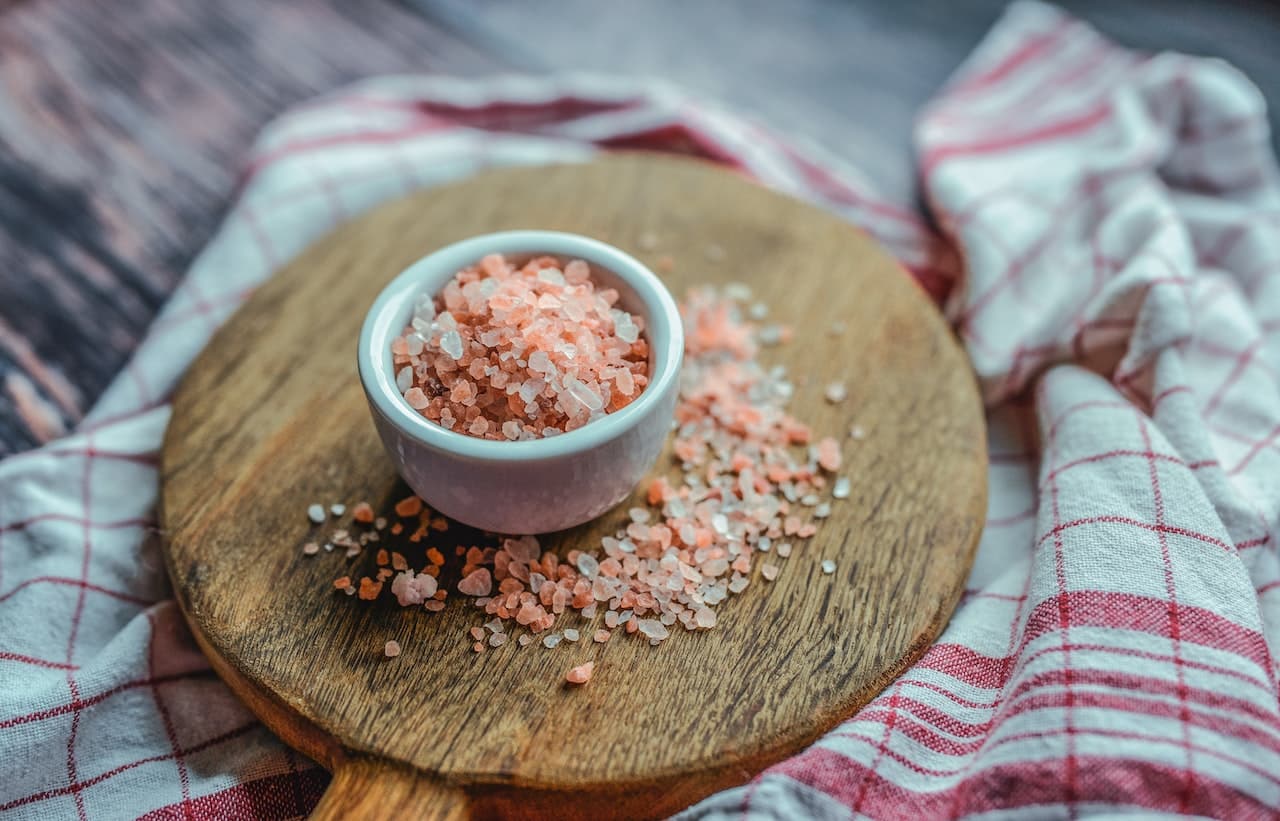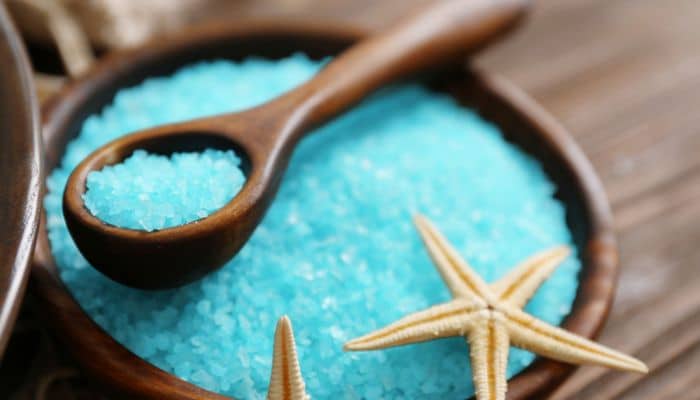Salt is everywhere. It’s in your food, on the roads, and even in your home. You can’t escape it. Even though it might seem like salt is bad for you, there are so many benefits to this common kitchen staple. The problem is that most of us consume way too much salt. That’s why we have to look beyond the negative connotations that come along with this seemingly innocent compound. Fortunately, science has spoken and it has been very emphatic in its recommendation: add more salt to your life! You see, most people eat a lot of processed food these days which usually contains hidden sodium as a preservative or as a cheap alternative to real salt. This excess intake of sodium has been linked to an increase in weight and the subsequent formation of belly fat, making it hard for some people to lose weight. However, those who increase their intake of unprocessed foods like vegetables and sea salt tend to lose weight much easier than those who eat mostly processed foods and not enough unprocessed foods.
What is the recommended daily intake of salt?
According to the World Health Organization (WHO), the recommended daily intake (RDI) of salt is 0.5 grams per kilogram of body weight. The higher your salt intake, the more likely you are to become overweight. The ideal ratio of sodium to potassium in your body is usually around 3:1. Excessive sodium intake will cause an imbalance between these two substances in your body which can lead to a variety of health issues like high blood pressure, fluid retention, and an increased risk of stroke and heart disease. But, don’t stress out too much if you happen to consume more sodium than the recommended amount. The real issue is when you consume too little salt, not too much!
Why is more unprocessed food needed to lose weight?
When it comes to weight loss, a healthy diet is crucial. However, you must eat real food not only to stay fit but also to lose weight. The reason is simple: when you eat more unprocessed foods like vegetables and fruits, you increase your intake of vitamins and minerals that are essential for weight loss and overall health. However, eating more processed foods like white bread, processed cereals, and ready-to-eat (RTE) meals does not contain as much of these vital ingredients. Furthermore, when you consume more unprocessed foods, you develop a sense of satiety. This means that you are less likely to eat between meals because you are satisfied. This is crucial for weight loss because it makes you feel less tempted to snack between meals.
How can too much salt lead to weight gain?
Weight gain occurs when we consume more calories than we expend. This sounds like a very simple process, but it’s actually not that simple. There are two main reasons why people gain weight: a decrease in metabolic rate or water retention. Metabolic rate refers to how many calories are needed to sustain our daily activities and is mainly dependent on our age, sex, and level of physical activity. We can also regulate our metabolic rate by eating certain foods like fibrous vegetables, protein-rich foods, and healthy fats. Water retention, on the other hand, refers to how much water we retain in our bodies. The excess of sodium in our body is usually responsible for water retention, making us feel bloated and full. This excess is usually caused by a lack of potassium in our bodies. Potassium is a very common mineral that is often overlooked by dieters who focus only on sodium intake.

6 Science-Backed Ways Salt Can Lead to Weight Loss
You might have heard about the health benefits of salt before, but you have to know that those benefits are due to the sodium content of salt, not the mineral itself. This means that you can consume the same amount of salt and still experience the same benefits. Now, here are the reasons why you should increase your sodium intake to shed those extra pounds:
1. Salt has the power to enhance your metabolism – Salt increases your body temperature, making you sweat more and burn calories faster.
2. Salt regulates blood pressure – Elevated blood pressure is one of the leading causes of heart disease.
3. Salt speeds up muscle contractions during digestion – The more sodium you consume, the more efficiently your body will be able to absorb and utilize it for energy.
4. Salt increases hydration – Salt is also responsible for regulating hydration levels in our bodies. When we become dehydrated, we feel really weak and tired because our body doesn’t work efficiently.
5. Salt improves your immune system – Salt plays an important role in maintaining an efficient immune system. It helps our body fight off infections and diseases.
6. Salt can help you shed pounds – When you consume more salt, your body becomes more sensitive to it. It then starts to regulate your insulin levels and develops a natural mechanism to minimize the amount of carbohydrates you consume.
Conclusion
Salt is an essential mineral in our diet, but many people consume too much of it. Excessive salt intake can lead to water retention, high blood pressure, and increased risk of heart disease. To prevent these issues, try adding more unprocessed foods like vegetables and unrefined sea salt to your meals. You can also use unrefined sea salt to replace table salt in your daily meals. Once you get used to the taste of unrefined sea salt, you’ll start to see the difference it makes in your diet. You might be surprised to find that you don’t miss the salt you used to add to your meals.




